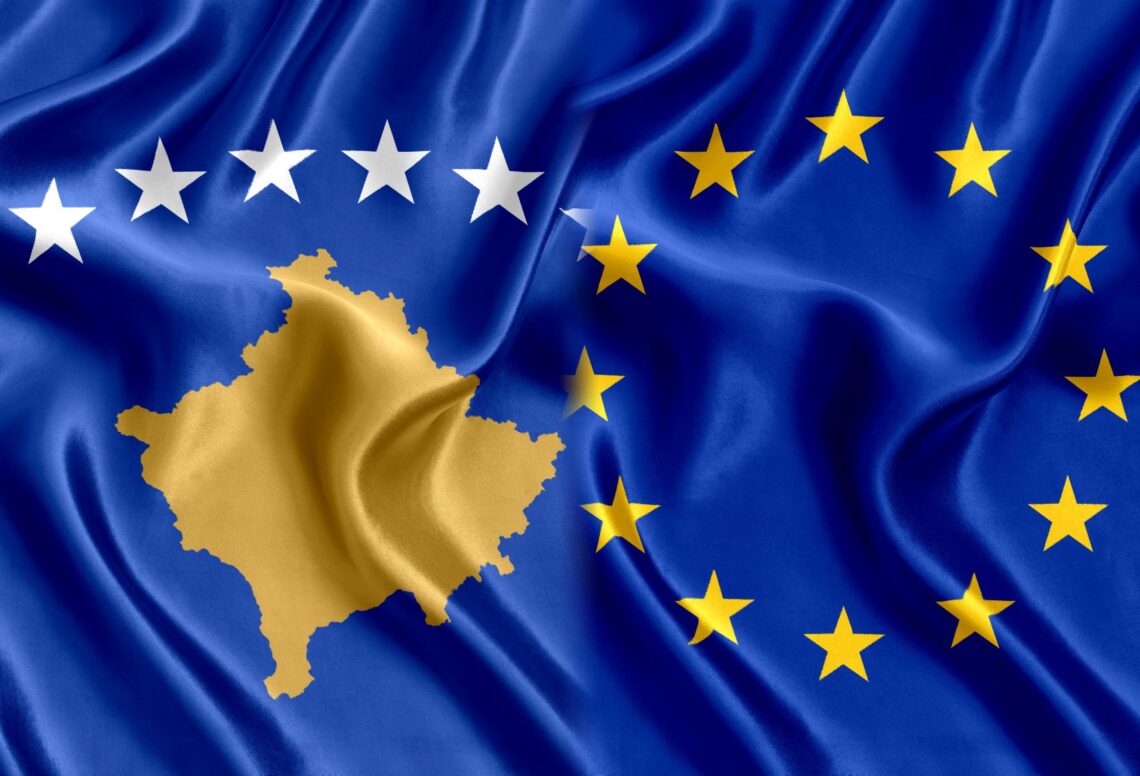

The European Council's conclusions on Kosovo reaffirm my argument from a previous BiEPAG Reacts analysis; despite progress in the reform agenda, Kosovo's prospects of EU accession remain highly complex and uncertain. They rely heavily on the stalled EU-facilitated Dialogue, which faces an uncertain future.
Echoing the findings of the 2024 European Commission Country Report on Kosovo, the Council's conclusions devote only modest attention to the reform agenda. While acknowledging positive progress in the rule of law, the Council encourages Kosovo to continue furthering the reform agenda. With the elections approaching in February, the Council highlights the issue of electoral reform—earlier praised by the EU—setting expectations for a democratic and fair election process.
The Council reaffirmed that it welcomes the entry into force of visa liberalisation for Kosovo citizens, effective January 2024. However, it notably avoided addressing Kosovo's EU membership application. Overlooked by member states holding the rotating presidency and dismissed by Brussels, this important issue continues to be swept under the rug. Instead, a new form of leverage has emerged: the temporary measures imposed on Kosovo in 2023. These have now been integrated into the conditionality framework, leaving Kosovo uniquely positioned among enlargement countries—forced to work merely to return to square one.
Struggling to find new leverage on Kosovo and unable to respond formally to its membership application, even with a typically vague EU plan tied to conditions and timelines, the EU is now bargaining with temporary measures. This involves gradually lifting sanctions in exchange for an extensive list of deliverables in the framework of the Kosovo-Serbia Dialogue, mainly focusing on reintegrating Kosovo Serb judges, prosecutors, police officers, and other personnel who left Kosovo institutions in 2022, as well as a commitment to establish the Association of Serb-Majority Municipalities. In return, the EU merely provided an ambiguous commitment to incrementally lifting these measures. This approach highlights the EU’s shortsighted and flawed approach to transactionalism. Moreover, the dynamics around this particular issue will likely dominate the agenda well into 2025, with local political elites exploiting the process tit-for-tat to consolidate political gains and strengthen authoritarian tendencies, leaving the dialogue as stagnant as before.
Although there are the most conclusions on Kosovo, the Council needs more clarity on its approach to the EU-facilitated Dialogue under the new EU leadership. There is no mention of whether the process will be led by a special envoy or the High Representative, already stretched thin by other pressing foreign policy and security challenges, including recent ambitions to engage in Syria. Nor is there any indication of a revised framework in the EU-facilitated Dialogue to address the glaring flaws that have allowed the situation to deteriorate to an alarming and possibly irreversible extent.
The Council remains concerned and condemns the series of alarming incidents in the northern part of Kosovo. These occurred immediately after the EU heralded a breakthrough with Brussels and Ohrid arrangements in 2023. More worryingly, the Council noticeably downplayed the magnitude of the Banjska attack of 24 September 2023. While providing only vague support for investigating these incidents, even with EULEX active on the ground, the EU places significant blame on Kosovo for provoking and triggering these incidents. This "we warned you" stance delivers a sharp critique of the Kosovo Government, particularly its uncoordinated actions targeting Serbian parallel structures.
Lastly, as we are all waiting for the new EU leadership to introduce a fresh and improved approach to the EU-facilitated dialogue, the Council Conclusions could serve as a strong platform for this change; however, the strategy seems to be based solely on "good faith." Kosovo is encouraged to operate in the Brussels Dialogue on "good faith," a concept stripped of meaning after years of eroding trust between the EU and Kosovo. The EU’s inability to acknowledge the gravity of the situation or adapt to reality is troubling. By positioning itself as a passive observer in a process it set ambitions to facilitate, the EU reveals a lack of strategic vision and gives very bleak hopes about the future of this process. Furthermore, by urging Kosovo to act in good faith, the EU positions itself as morally superior. It calls on Kosovo to demonstrate good faith while failing to apply the same standard to itself in the EU-facilitated dialogue and enlargement process.